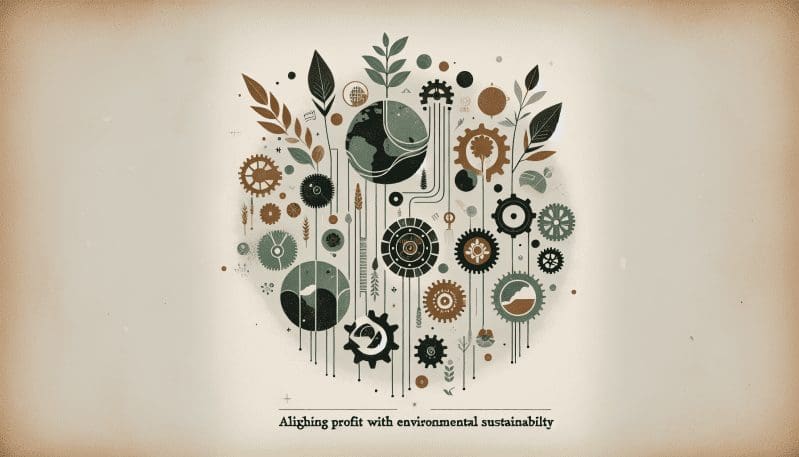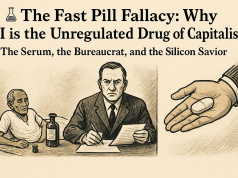In a world where climate change and environmental degradation are among the most pressing issues, the conventional yardsticks of corporate success are being challenged. The quest for endless growth and maximized shareholder value, once the beacon of a successful enterprise, is now being scrutinized for its sustainability and long-term impact on our planet. As we embark on this journey toward a more eco-conscious business model, companies are finding themselves at a pivotal crossroads: how to align profit with planetary well-being.
The challenges of this transformation are multifold. Integrating environmental sustainability into the corporate strategy requires a fundamental shift in thinking, culture, and operations. Businesses must grapple with the immediate costs of implementing green technologies and processes, the uncertainty of regulatory landscapes, and the pressure from stakeholders still primarily focused on short-term returns. Yet, the benefits of such a transition are becoming increasingly clear – not just in terms of fulfilling corporate social responsibility but as a driver of innovation, long-term profitability, and risk management.
To emerge successful in this new paradigm, the definition of corporate success must evolve. It’s no longer just about the bottom line; it’s about thriving within the ‘triple bottom line’ framework that balances profit with environmental and social considerations. ‘Success’ now encompasses a resilient supply chain, reduction in carbon footprint, responsible resource utilization, and a strengthened brand reputation aligned with consumer values.
The adoption of sustainable practices can be quantifiably measured through various lenses. Metrics such as emissions reduction, energy efficiency gains, waste diversion rates, water conservation, and sustainable sourcing are just a few examples. The integration of Environmental, Social, and Governance (ESG) reporting into financial statements is also on the rise, offering a transparent account of a company’s environmental stewardship alongside its economic performance.
Case studies of pioneering companies serve as a testament to the feasibility and benefits of this model. Patagonia, an outdoor apparel company, has built a robust business model that centers on environmental activism and sustainable supply chains. Their ‘Worn Wear’ program, which encourages the repair and reuse of products, reflects a commitment to reducing waste and fostering a circular economy. Interface, a modular carpet manufacturing company, is another exemplar, having significantly reduced its carbon footprint through innovative practices and aims to become a fully sustainable company by 2020.
In conclusion, the narrative of success in the business world is witnessing a paradigm shift. By embedding environmental sustainability into their core strategy, companies are not just contributing to the health of the planet but are also carving out a competitive edge in a rapidly changing marketplace. The Work Times advocates for this transformative approach, where aligning profit with planet is not just an aspiration, but a measurable, achievable goal. As we continue to witness the emergence of businesses that embody this ethos, it is clear that the future of corporate success lies in the hands of those willing to innovate for sustainability and invest in the long-term vitality of our world.




























